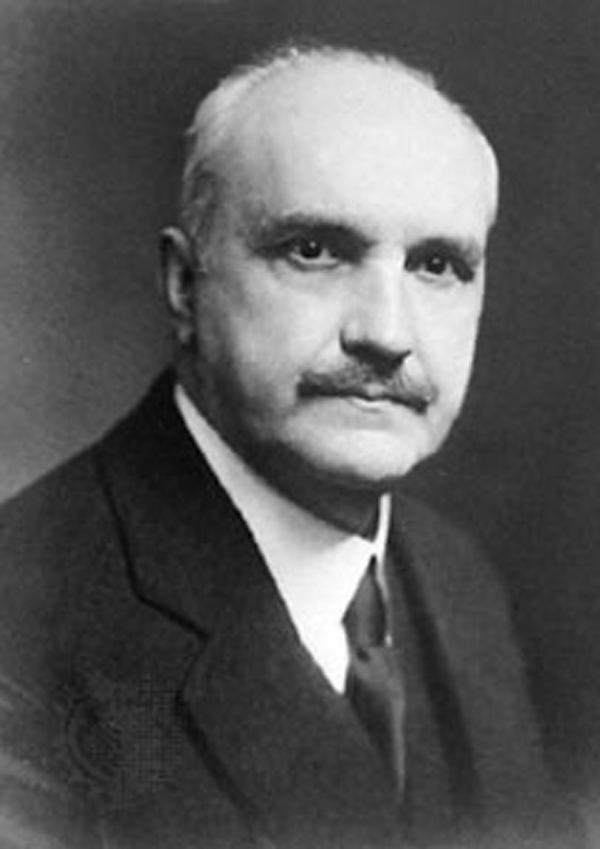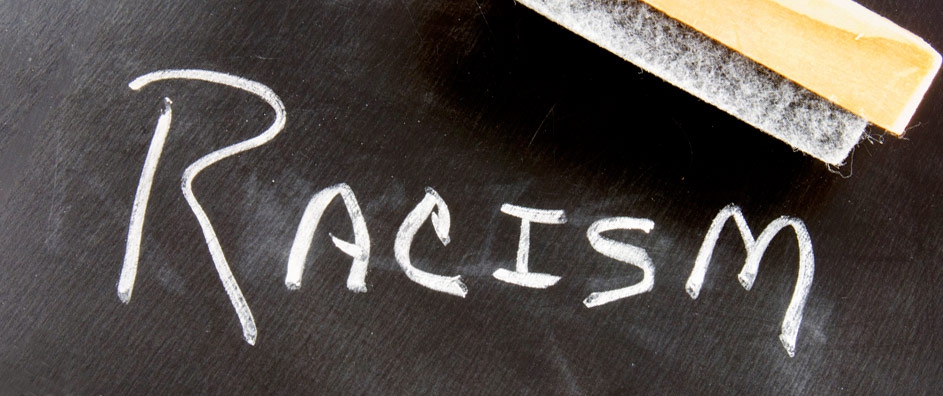The views expressed in our content reflect individual perspectives and do not represent the authoritative views of the Baha'i Faith.
This series of essays on racial unity focuses on a facet of our national and global life that poses a grave threat to our social cohesion—and our future.
Only we, as individuals and members of intersecting groups within our society, can arrest and reverse that dire threat. But how can that happen?
We’ll start by considering the introductory paragraphs of a remarkable document published in 1991 by the National Spiritual Assembly of the Baha’is of the United States, entitled The Vision of Race Unity: America’s Most Challenging Issue:
Racism is the most challenging issue confronting America. A nation whose ancestry includes every people on earth, whose motto is E pluribus unum, whose ideals of freedom under law have inspired millions throughout the world, cannot continue to harbor prejudice against any racial or ethnic group without betraying itself. Racism is an affront to human dignity, a cause of hatred and division, a disease that devastates society.
Notwithstanding the efforts already expended for its elimination, racism continues to work its evil upon this nation. Progress toward tolerance, mutual respect, and unity has been painfully slow and marked with repeated setbacks. The recent resurgence of divisive racial attitudes, the increased number of racial incidents, and the deepening despair of minorities and the poor make the need for solutions ever more pressing and urgent. To ignore the problem is to expose the country to physical, moral and spiritual danger.
Aware of the magnitude and the urgency of the issue, we, the National Spiritual Assembly of the Baha’is of the United States, speaking for the entire U.S. Baha’i community, appeal to all people of goodwill to arise without further delay to resolve the fundamental social problem of this country. We do so because of our feeling of shared responsibility, because of the global experience of the Baha’i community in effecting racial harmony within itself, and because of the vision that the sacred scriptures of our Faith convey of the destiny of America.
This passage will give you an idea of what Baha’i teachings say about this fundamental social problem:
Among men exists the diversity of animosity, and it is this that causes war and hatred among the different nations of the world. Differences which are only those of blood also cause them to destroy and kill one another. Alas! that this should still be so. Let us look rather at the beauty in diversity, the beauty of harmony, and learn a lesson from the vegetable creation. … Thus should it be among the children of men! The diversity in the human family should be the cause of love and harmony, as it is in music where many different notes blend together in the making of a perfect chord. If you meet those of different race and colour from yourself, do not mistrust them and withdraw yourself into your shell of conventionality, but rather be glad and show them kindness. Think of them as different coloured roses growing in the beautiful garden of humanity, and rejoice to be among them.
Likewise, when you meet those whose opinions differ from your own, do not turn away your face from them. All are seeking truth, and there are many roads leading thereto. Truth has many aspects, but it remains always and forever one. Do not allow difference of opinion, or diversity of thought to separate you from your fellow-men, or to be the cause of dispute, hatred and strife in your hearts. Rather, search diligently for the truth and make all men your friends. – Abdu’l-Baha, Paris Talks, p. 53.
 In the last several months I have watched or read interviews with a number of Americans who do not believe that race was an issue in the United States until we elected a bi-racial president. While it is tempting to chalk this up to a difference of opinion, there is another force at work here: the force of ignorance that George Santayana described in this way: “Those who cannot remember the past are condemned to repeat it.” – The Life of Reason, 1905.
In the last several months I have watched or read interviews with a number of Americans who do not believe that race was an issue in the United States until we elected a bi-racial president. While it is tempting to chalk this up to a difference of opinion, there is another force at work here: the force of ignorance that George Santayana described in this way: “Those who cannot remember the past are condemned to repeat it.” – The Life of Reason, 1905.
This repetition of history by people who have forgotten that institutionalized racism ever existed is neither innocent nor without effect. There are those among us who cannot help but remember the injustice and pain of historical racism, because they feel its effects daily in multiple facets of their lives, from how they interact with their colleagues to how they are treated by law enforcement agencies to how they are watched when they are doing things most of us take for granted, such as shopping, driving, or walking down the street.
In an age when information is literally at our fingertips, have we any excuse for not remembering that this ”most challenging issue” has been with us for a very long time? Remember, the statement on race unity I quoted above was published in 1991 and the Baha’i principles it draws from were first proclaimed in the mid-nineteenth century—when, in the United States, our president, Abraham Lincoln, had just signed the emancipation of Black slaves into law.
Over a century has passed and the issues of racial inequality and disunity are still hampering our progress as individuals and as a nation. That’s the bad news. The good news is, the solution is still within our grasp if we are only willing to apply it.
You May Also Like
Comments

















Maya. My white minister friend has
led a study of "The New Jim Crow"
and wants to read your articles.